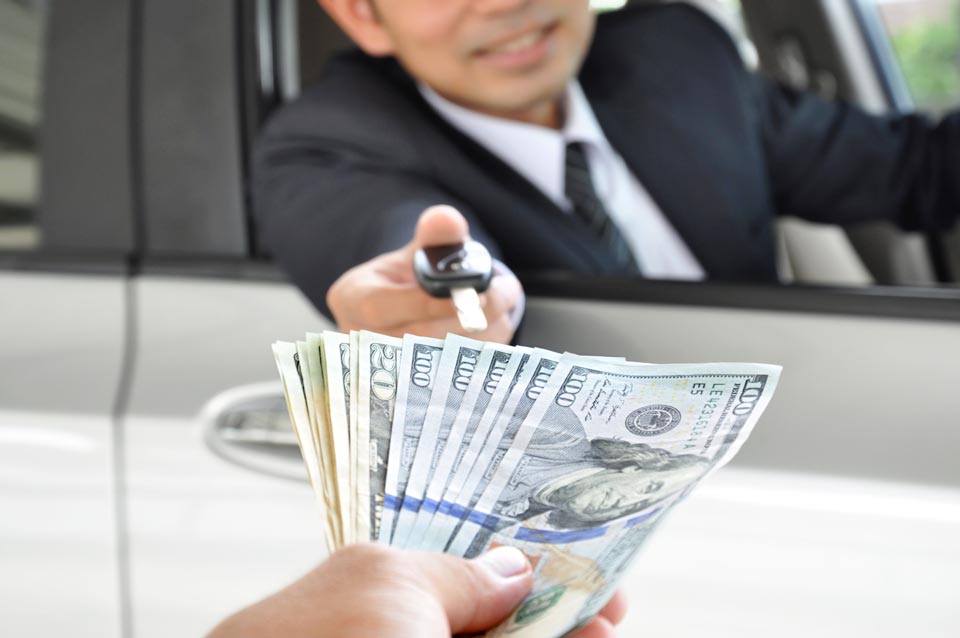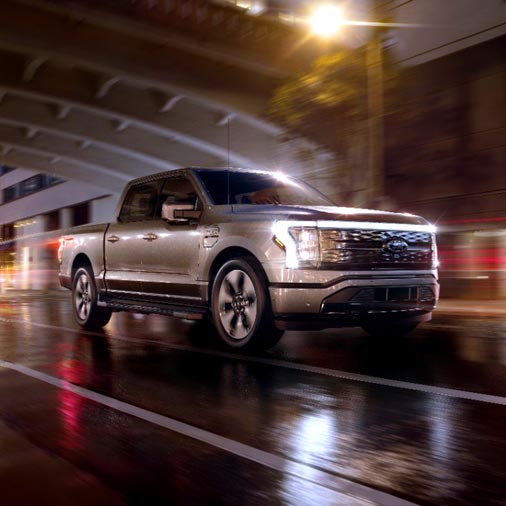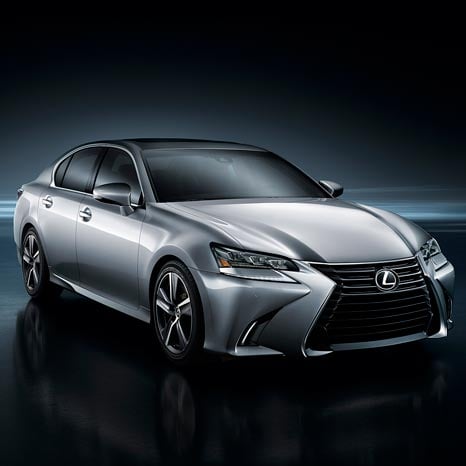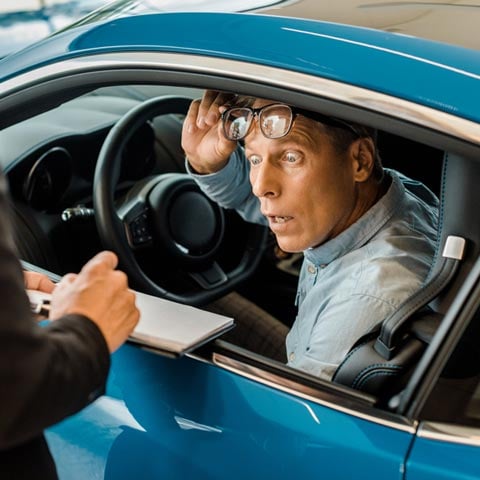Is it better to sell or trade in your car?

10 Tips to Get the Most from your Ride
Published on August 5th, 2020. Last Updated on .
It's time for some fresh wheels, and old reliable needs to find a new home. You've got a lot of fond memories with her, and she's been good to you, but the time has come to move on. As with any relationship, parting is difficult, and when it comes to used cars, it can be downright upsetting-both emotionally and financially. Well you'll have to see someone else about your emotional distress, but we'll try to coach you through how to minimize the financial pain of selling your car, to ensure that you get the most from your existing wheels.
Top 10 Car-selling Tips
1. If the salesperson asks you "what do you want for your car", DO NOT give him or her a number. By doing so, you set an upper limit on what you will potentially get, and you have a 100% chance that you will receive less than that. If asked, let them know that your primary interest is minimizing your net cost, or trade difference, after an allowance for your trade. Avoid providing any firm numbers, despite their repeated attempts to enquire, as they will be resolute in getting you to throw out the first number.
2. When you buy a new car (or a used one too), in most states there is a sales tax associated with that purchase, typically 5-8% of the price. However, if you trade your vehicle in to the dealer, you can subtract the value of your car from the sales price of the new one, and you only pay sales tax on the difference in value. So, if your trade-in is worth $20,000, and you live in a state with a 5% sales tax, you will save $1,000 in taxes by trading it in, versus selling it on your own, where you don't get that benefit.
3. If trading in to a dealer, DO NOT clean out the trunk or glove compartment. You may tell the salesperson that you're only there to "browse" or are "just looking", but if you've cleaned out the trunk, glove box and all the loose change, they know that you're there to "buy", and you just lost a negotiation point.
4. As salespeople know that you have an emotional bond with your car, and that you likely paid much more than it's worth today, they will be aware that you will be sensitive to the offer that they give you. With such, they will provide you a higher value for your car, but mark up the cost of the one that you're buying. This is a trick that is used by dealerships almost universally, so don't be fooled by the dealer that simply offers you the highest price for your car, as they may be getting you on the other side.
5. If selling privately, get the obvious repairs fixed up front, and perform the routine service, like an oil and filter change. Also, unless you're selling a clunker, make certain that your vehicle is in sound working order, and that any squeaks, rattles and drips are corrected before you sell your car. If your vehicle needs obvious repairs, private buyers will discount its value by at least 2X of the cost of the repair, as they will be concerned that it can't be fixed, or will be more involved than what is apparent. Buyers don't want to inherit a problem; they want a car that they can drive home with confidence, and is trouble-free.
6. Run a CarFax or similar history report on your vehicle before you try to sell it. Unless you're the original owner and it's never had any problems, you'll want to make certain that everything looks proper on the vehicle history report. The worst thing that can happen, is that the buyer runs one instead, and there is something on there that you can't explain. (I once didn't want to put a front plate on my 911 during an annual inspection, and found out later that the CarFax stated that I declined to have "body work" performed.) It's a pain spending the $40, but it's worth it, unless you can have the dealer run one for you for free-which you should ask for, as they have an unlimited number that they can run for no additional cost.
7. As best as you can, put all your vehicle documents together in one nice little package-and have things organized, so you're not handing them a shoebox of receipts. This will give the private buyer the confidence that you have your affairs in order, and have been less likely to miss an oil change or a required service. Also, if you have them, make sure to include the window sticker and any operating manuals that you received, so that you can present them to the prospective owner.
8. If you are trading your car in at the dealership, think about what they are going to do with it. If you are at the BMW dealership, and you're looking to trade in your 10 year-old Corolla with 120,000 miles, they won't want your car, and will sell it straight to a wholesaler, who will offer the dealer very little for it. Or likewise, if you have a late model pick-up, and you're at the VW dealership, recognize that they don't get a lot of pick-up truck buyers on their lot, and will want to sell it to another dealer-with a profit. Trade-ins make the most sense, and you will get the best price, when you have a late-model vehicle that is similar to what the dealer sells-ideally the same brand. Otherwise, they will be looking to find a home for a car that they don't want in their inventory, and in which they will only give you a lower-than-market offer.
9. If you're selling your vehicle on your own, and you arrange to have someone view it, meet the prospective buyer at a public place, and not your home. While the risks are low, there are folks out there with bad intentions, so best to meet in a neutral spot, where you can be assured that they aren't assessing your home for a future robbery. Many municipalities have safe meeting zones, that are often near the police station or EMS services, so check your local town website to see if they have one.
10. If you have the financial flexibility, try to pay off any loans on your car before you sell it. Having a clean title in hand, goes a long way towards resulting in a seamless transaction, versus having to get a bank involved. Sometimes banks will take weeks to send you a title that is free of liens, and that is enough to sour a lot of car deals. Similarly, make sure that you ask the private buyer how they intend to pay for the car. You don't want them showing up, and then ask you if can finance it for them-as if you have loan officers waiting in your living room.
Selling your car can be stressful, and in most cases disappointing, as you rarely get what you think what your car is worth. However, if you follow those tips above, you will at least stand a fighting chance of getting a reasonable offer for your car or truck. Remember, the more risk and uncertainty that you can take out of the transaction for the buyer (dealer or private party), the more that they'll be willing to pay you for your wheels. So, have your vehicle's condition sorted out, and all the paperwork in order, and you'll be one step ahead of most.
Good luck-and remember to leave all your stuff in the trunk when visiting the dealership. ;-)








